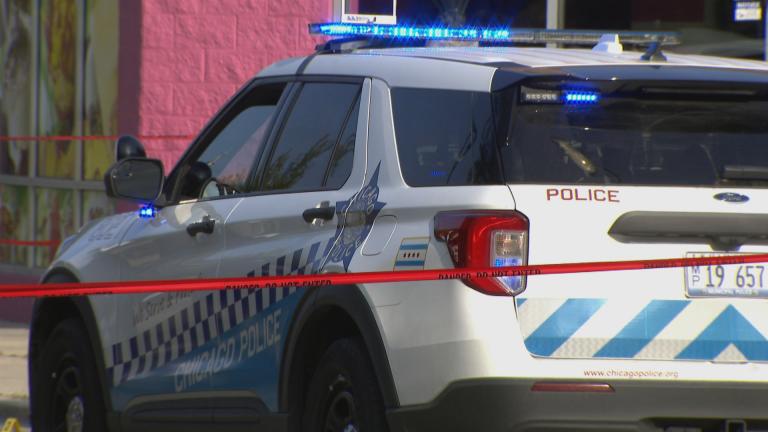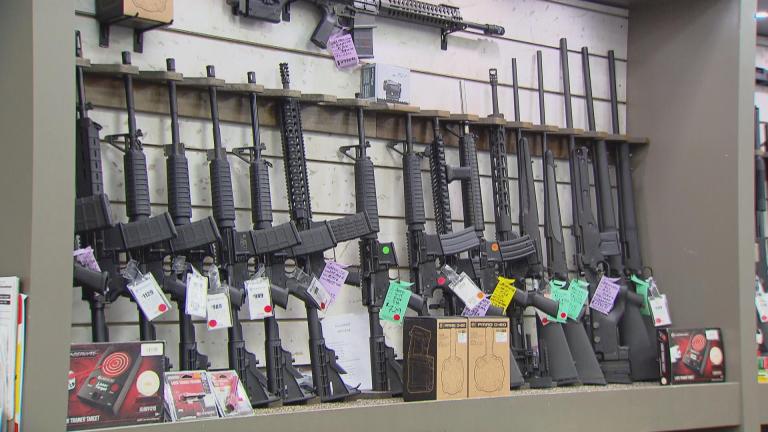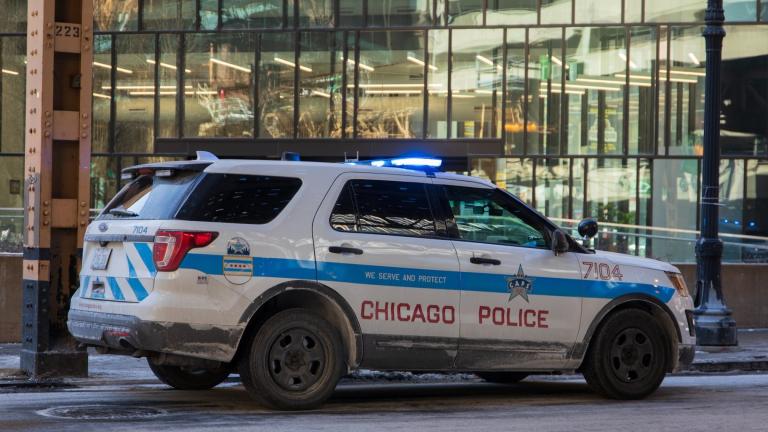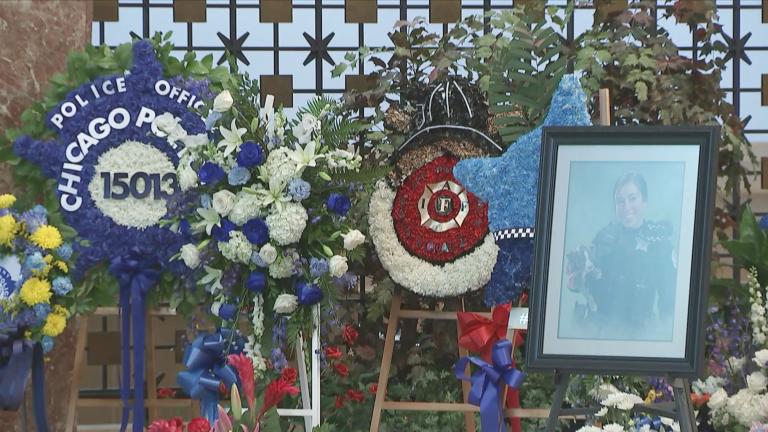As part of WTTW’s new documentary series “Firsthand: Gun Violence,” five experts offer big ideas in “Firsthand Talks” sessions for addressing gun violence in Chicago.
Four of those experts join us in discussion.
Lisa Daniels refuses to let the mistakes of her son Darren define his entire life.
“He was a full, rich, complicated young man,” she says in her “Firsthand Talks” episode.
Darren was killed in what Lisa Daniel’s describes as a “drug deal that had gone awry.” She recalls the local newspaper’s account of the incident the next day, the headline of which referenced Darren’s criminal convictions: “Man from Park Forest shot to death had felony and weapons convictions.”
Seven years later, she is now on a mission to encourage people to see victims and perpetrators of violence as full and complex human beings. To that effect, she created the Darren B. Easterling Center for Restorative Practices. “It’s time we begin to see the humanity in those that have lost their lives and those who have been left behind,” she said. For Daniels, that includes her son’s killer, Michael Reed. She has forgiven the young man and, now that he has been released from prison, is working with the state’s attorney’s office to arrange a meeting with him.
More coverage: Watch this full special episode of “Chicago Tonight.”
Eddie Bocanegra spent 14 years in prison for a murder he committed when he was 18 years old. Now, as director of the Readi Chicago Program at Heartland Alliance, he works to prevent violence by engaging at-risk men and connecting them to jobs, therapy and support services. They use data from the University of Chicago Crime Lab to identity those they aim to serve.
“The next thing you know they have people knocking on their door, (saying) ‘Hey I got a job for you.’ And some of our guys are like, ‘What do you mean you have a job for me? Nobody comes to my door offering me a job,’” Bocanegra said on “Chicago Tonight.” You can watch more of his story in “Firsthand Talks.”
“Asking why is powerful,” said Jermaine Harris, a Community Policing Sergeant with the Chicago Police Department’s 15th District in his “Firsthand Talks” segment. “Understanding the driving forces behind violence allows us to better create strategies to prevent it.”
Harris says this approach led the 15th District to sponsor a job fair on a corner in the Austin neighborhood known for its gun violence.
In her “Firsthand Talks” segment, Cristina Pacione-Zayas explains how toxic stress can adversely affect a child’s development – and how community support can be a game changer. Pacione-Zayas is director of policy at the Erikson Institute. She says toxic stress caused by witnessing violence, for example, is very different than the everyday stress that is a normal and even useful part of life.
“Toxic stress actually has an adverse impact on the architecture of your brain,” she said. “You may cognitively forget about (the negative experience), but it actually starts to affect you cellularly.”
Related stories:
‘Firsthand’ Accounts: How Guns Changed the Course of Their Lives
WTTW Launches New Digital Series ‘Firsthand: Gun Violence’
Chicago Rapper Lil Reese Shot, in Critical Condition






